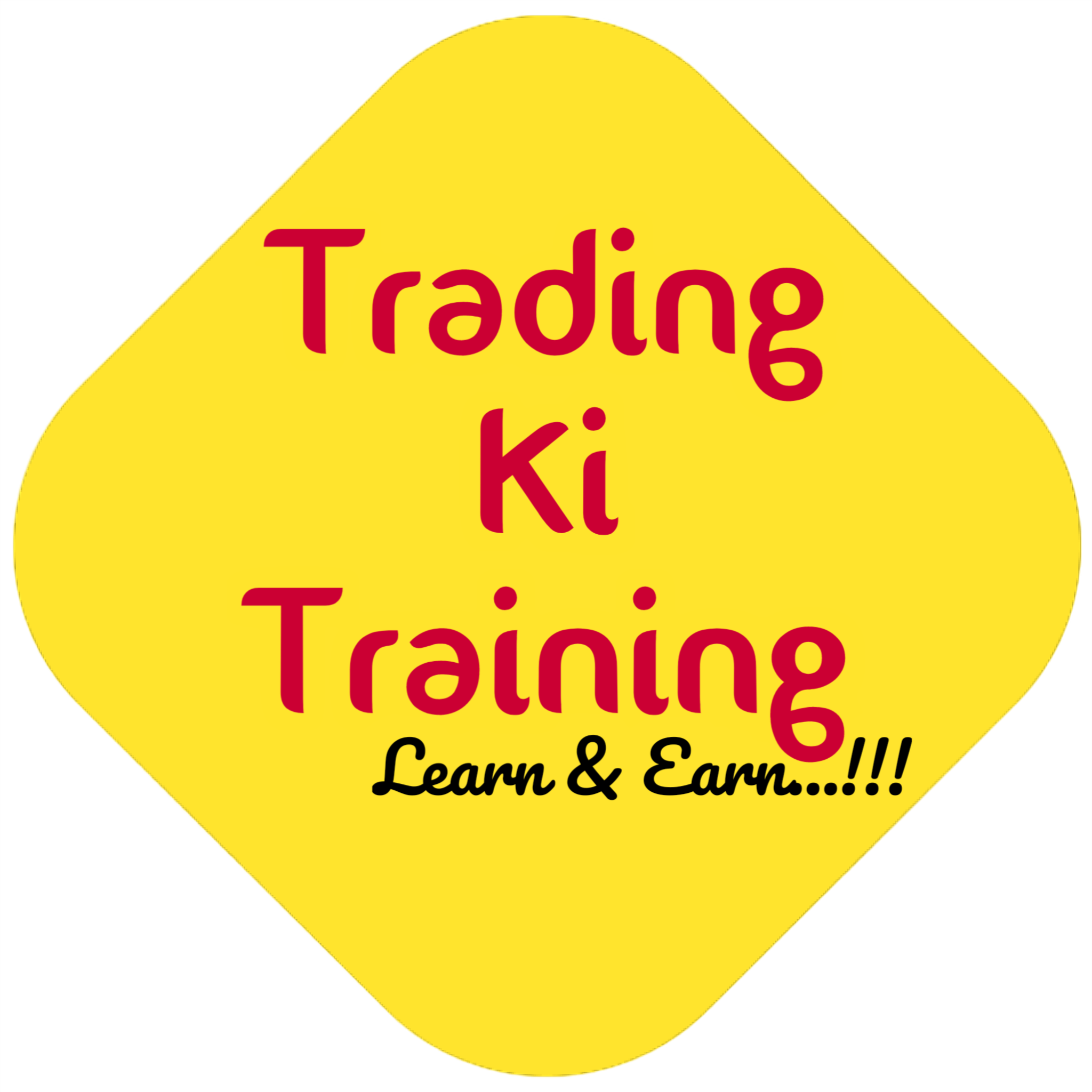Successful trading requires fast and precise information along with sharp analysis. Traders depend on robust tools to keep up with today’s fast-moving markets. Among them, ChatGPT and Google stand out. But which truly empowers victory in trading better? This piece examines how each tool benefits and limits trading activities.
Table of Contents
Understanding the Role of Trading Tools
Trading tools are essential for market success. They help analyze data, make decisions, and reduce risks. A lack of dependable tools can lead to uncertainty and lost opportunities for traders. Both ChatGPT and Google offer unique strengths that enhance a trader’s routine.
Google acts as a massive search engine. It provides access to vast information instantly. ChatGPT, however, serves as an interactive assistant. It generates personalized advice and explanations. Understanding each tool’s function allows traders to apply them more effectively.
Also Read: Stock Market Basics
How Google Supports Trading
Most traders turn to Google first when looking for market-related data. It helps traders find news, tutorials, and market updates. Speed and volume of data are Google’s strongest points.
Instant Access to Data
Google offers real-time news from trusted sources. Market participants use it to stay informed about equities, commodities, and international news. Traders can better foresee and respond to market changes using this tool.
Wide Range of Resources
Google links traders to a wide range of views through blogs, forums, and more. New traders grasp fundamentals, while pros explore complex tactics. Google indexes diverse content, making it a rich resource.
Limitations of Google
Despite its power, Google returns raw data. Traders must filter and interpret vast results themselves. This can overwhelm, especially under time pressure. Also, Google cannot engage in personalized conversations.
Also Read: Positional Trading
How ChatGPT Empowers Trading
ChatGPT enhances trading by providing tailored advice. It understands queries and delivers human-like explanations. This changes how traders consume and apply information.
Personalized Insights
ChatGPT can answer specific questions. It gives clear guidance on topics ranging from technical indicators to risk management. This helps traders understand complex concepts easily.
Strategy Development
Traders can brainstorm ideas with ChatGPT. It offers strategy suggestions based on market conditions. This interactive approach improves decision-making and creativity.
Limitations of ChatGPT
While helpful, ChatGPT’s knowledge is restricted to data before its last update. It cannot fetch real-time market data. Traders must verify generated information carefully.
Also Read: Trading Tick
Comparing ChatGPT and Google for Trading Efficiency
These tools boost trading productivity, each in their own unique style.
Google excels at fast, broad information gathering. It assists traders in tracking the latest news and global market events. Meanwhile, ChatGPT offers depth through conversation and analysis. ChatGPT explains information instead of just showing it.
Moreover, ChatGPT simplifies jargon and concepts. This boosts confidence, especially for beginners. However, Google’s real-time access keeps traders updated with fresh events.
Also Read: Intraday Trading
Best Use Cases of ChatGPT
Traders gain the most when using ChatGPT for education and planning.
Learning Basics
Beginners benefit from step-by-step explanations. ChatGPT clarifies topics like candlestick patterns and moving averages. This foundation supports better decisions.
Simulating Scenarios
ChatGPT can role-play market situations. Traders test how strategies might perform. This practice sharpens skills without financial risk.
Emotional Support and Motivation
Trading often triggers emotional stress. It also motivates traders and helps them stick to their plans. This emotional aid is underrated but vital.
Also Read: Famous Stock Market Terms
Best Use Cases of Google
Google shines in providing raw, fast data for active traders.
Tracking Market News
Day traders use Google to catch breaking news. This helps react quickly to events affecting prices.
Researching Companies and Assets
Google aids in deep dives into financial reports and analyst opinions. This research supports informed investment choices.
Finding Tools and Platforms
Google connects traders to software, brokers, and communities. Access to reliable tools is crucial for success.
Also Read: Swing Trading
How to Combine ChatGPT and Google for Trading Success
Using both tools together creates a powerful toolkit.
Start by searching market news on Google. Then, use ChatGPT to analyze how news affects your trades. This combination offers speed and depth.
ChatGPT can clarify confusing data found via Google. It also helps plan trades based on researched facts. Combining Google’s data with ChatGPT’s insights helps make wiser choices.
Also Read: Nifty Expiry
Challenges Traders Face with ChatGPT and Google
Despite their benefits, each tool has challenges.
Google’s vast information can cause analysis paralysis. Traders risk drowning in too much data. ChatGPT may occasionally produce inaccurate answers. It requires user judgment and validation.
Furthermore, neither tool replaces real experience. Practical learning remains essential. Technology is an aid, not a crutch.
Also Read: Stock Exchange
Future of Trading with AI and Search Engines
AI tools like ChatGPT are evolving rapidly. Integration with real-time data could revolutionize trading. Search engines will likely enhance personalization.
AI tools and data sources may soon work together smoothly in the trading world. This will empower traders with better insights faster than ever.
Also Read: How to Open a Trading Account
The Impact of Real-Time Data on Trading Decisions
Real-time data plays a critical role in success. Google’s ability to deliver live updates allows traders to react instantly. This speed can mean the difference between profit and loss. Although ChatGPT excels in explaining and strategizing, it currently cannot provide real-time market data. Therefore, integrating live feeds from Google with ChatGPT’s insights ensures traders stay informed and ready to act fast.
Also Read: Bull Market
Ethical Considerations in Using AI and Search Engines for Trading
Ethical concerns should be kept in mind when using AI or search-based solutions. Using AI responsibly means verifying information and avoiding overdependence. Misinformation or biased data can affect outcomes. Being clear about AI’s limits builds trust and supports better judgment. Balancing technology use with human judgment preserves integrity in the fast-evolving world of trading.
Also Read: Colour Trading
Final Verdict: ChatGPT Vs Google
Both tools empower victory differently. Google remains indispensable for data and news. ChatGPT adds value through personalized advice and strategy help.
Choosing one over the other limits potential. Instead, combining their strengths produces the best results. Smart traders use both to navigate complex markets confidently.
Also Read: 10 Trading Mistakes
FAQs about Trading Tools: ChatGPT Vs Google
Can ChatGPT replace Google for trading?
ChatGPT works well alongside Google but doesn’t provide live market updates.
Who delivers market news quicker—ChatGPT or Google?
Google is faster as it indexes live updates instantly.
Is ChatGPT good for beginner traders?
How can I verify ChatGPT’s advice?
Always verify information using reliable sources and real-time data through Google.
Is it wise to depend only on AI tools for making decisions?
No. Use AI tools as aids. Practice and experience are essential.
Also Read: Trading Account Setup







